Experiential Learning

Students explore the Everglades National Park. The group hiked through swamp water in a prairie to a cypress dome.
Where doing becomes knowing.
At the College of Arts and Sciences, we don’t believe in sitting on the sidelines. Learning happens best when you roll up your sleeves, step into the world and try something new. That’s what experiential learning is all about. Whether you’re interning, researching, serving the community or having a global adventure, these experiences aren’t just resume-builders—they’re how you figure out who you are and build confidence.
Learn about:
Experiential learning helps you:
- Build job-ready skills in real-world settings
- Strengthen your resume and your network
- Turn classroom concepts into practical tools
- See the world—and your role in it—with new perspective
Students who engage in these kinds of hands-on learning:
- Are more likely to find meaningful work after graduation
- Grow into confident, capable leaders
- Have better stories to tell when it’s time to apply for that dream job
These aren’t extras. They’re essentials.
We want you to graduate with more than a degree. We want you to leave UB as a problem-solver, a critical thinker and someone ready to take on whatever comes next.
Choose your own adventure—or try them all.
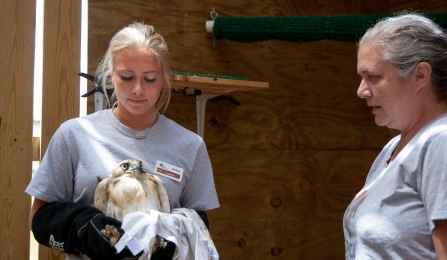
Real-world experience starts now.
Internships help you explore career options, build your professional network and show employers you’re ready. They can be for credit or not, paid or unpaid, in Buffalo or beyond.
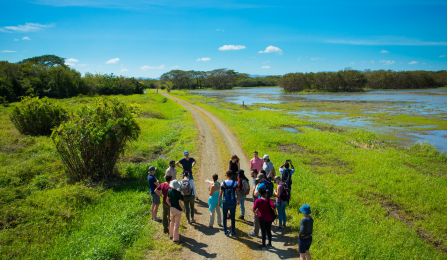
The world is your classroom.
UB offers dozens of ways to explore other cultures, challenge your thinking and gain international experience. Whether it's a semester, summer, or short-term trip, this is learning at its most eye-opening.
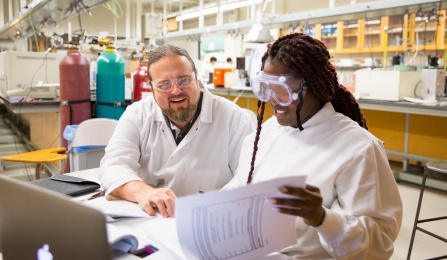
Get hands-on with big ideas.
At UB, research isn’t just for graduate students. From labs to archives to community-based projects, you’ll work alongside faculty on real problems that need real answers.
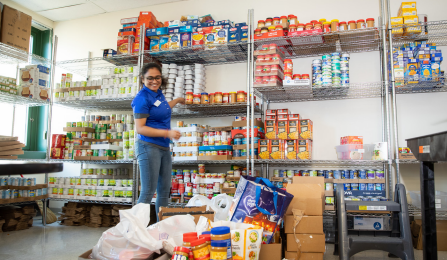
Give back while you grow.
Make a difference in the community while developing skills that stay with you, like leadership, empathy and communication. You’ll support the city that’s become your home, and see what real impact looks like.
Turn your research or creative project into a story you can share. Register to present work in progress or a finished project, get real feedback and see how students across the College of Arts and Sciences are asking big questions and building ideas.
📅 Friday, April 10 | ⏰ 12:30–5 p.m. | 📍 215 Student Union
Register now
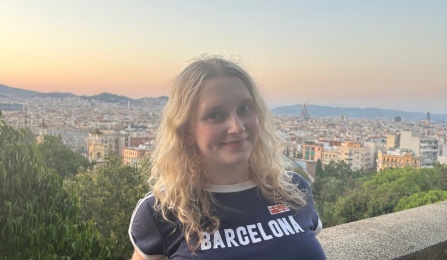
Lizzie Kowal
Traveled to: Spain
Major: International Studies, Spanish
Minor: Political Science
Scholarship: Walker Family Experiential Learning Fund
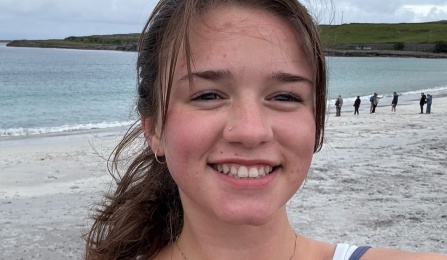
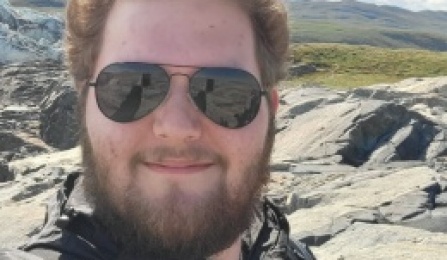
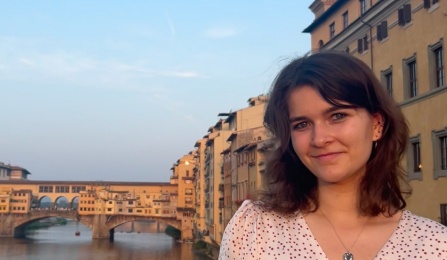
Cailin Enser
Traveled to: Italy
Major: Political Science
Minor: Global Affairs
Scholarship: Gerace Dean's Innovation Fund
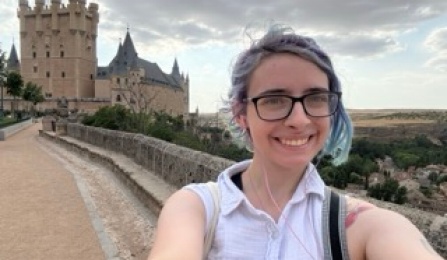
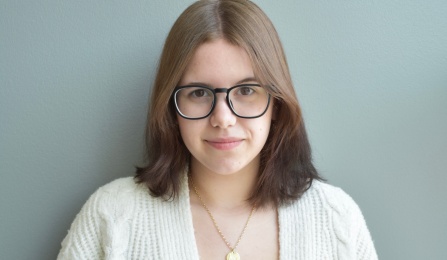
Leah Comes
Traveled to: Korea
Major: English
Minor: Korean Language
Scholarship: Walter and Miriam Hass Student Excellence Fund
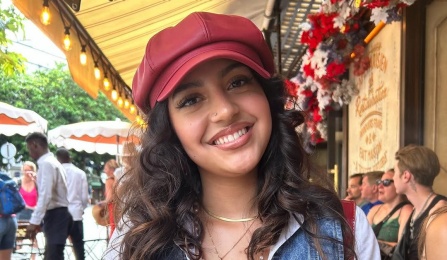
Liya Mena
Traveled to: France
Major: Media Study
Minor: Communication
Scholarship: Walter and Miriam Hass Student Excellence Fund
Stories that inspire.
Want to know what it’s really like to learn by doing? Check out how students just like you are gaining hands-on experience, discovering their passions and making an impact—in Buffalo and beyond.
Krista Paszkowsky
Assistant Director for Experiential Learning and Scholarships
College of Arts and Sciences
Email: kristapa@buffalo.edu





